India has a wide range of IP laws within its legal framework. It includes several statutes such as Trademark Act, 1999, Copyright Act, 1957, Design Act, 2000 and Patents Act, 1970. However, it is quite obvious and natural for these laws to be proven obsolete when it comes to resolving IPR issues linked with Artificial Intelligence infringement. AI is an entirely different ball game from the rest of the modern tech available. In layman’s language, AI is a technology that adapts and learns itself from a set of algorithms and data sets provided to it. Modern-day AI is also known as Generative AI- it consumes existing data, learns from it, and generates data similar to the original one. This method has time and again proven to infringe several copyrights, trademarks and patents.
To understand this, one needs to know that according to Section 2(d)(v) and (vi) of the Copyright Act, an author is a person who causes a computer-generated work to be created. But the point in consideration is whether a person could be linked to the output generated by AI as it is based on a self-learning and adapting model. In Navigators Logistics Ltd vs Kashif Qureshi & Ors (2018), the Delhi High Court held that a computer-generated list cannot be claimed under the Copyright Act because there is a lack of human intervention. Similarly, even the Patents Act lacks clarity on what happens when a patented technology infringes the IPR of a person/entity. Sections 2(1)(p) and 2(1)(t) explicitly use the word “person” while referring to a patentee. The general stand of the Indian judiciary aligns with that of the judiciary of the United States where neither of the two consider an AI model an author under their respective statutes.
Recently The New York Times Company sued Microsoft and OpenAI (founder company of a popular AI Model “ChatGPT”) for relying their models on large-language models (“LLMs”) which are allegedly created by duplicating and using millions of copyrighted news stories, in-depth analyses, opinion pieces, reviews, how-to manuals, and other content from The Times. In such cases whether or not a person/entity can be directly linked as the author of the content generated by ChatGPT is the ultimate question waiting to be answered by the New York District Court.
This not only puts the works of others in jeopardy as they suffer financial and other losses but also a risk of copyright and patent claims from the AI itself, claiming that the work generated by the technology belongs to it and not the original producer. India is facing a technological and IT boom in the current years. The government aims to regulate all these advancements, especially considering the huge leaps AI technology has made in the past couple of years. In 2023, the Digital Personal Data Protection Act was also passed. It restricts anyone from producing any information/content/media that is not publicly available. Considering this and the wording of the Copyright Act, it is clear that no person can use any content that is not theirs without crediting the original producer. Logically and in principles of natural justice this should also be applicable for AIs to prevent unfair usage of original content.
Quick Reads
View AllFrom an Indian point-of-view, it is largely argued that all IPR laws need major amendments and guidelines on how to deal with such patent-related issues. The lack of clarity of statutes leads one to judicial interpretation. The current interpretation in Indian courts is that only content and ideas that could be linked to a human author can be patented. However, the interpretation lacks technical depth, which is to consider whether a human intervention in the form of LLMs should be taken into account or if the AI model is solely responsible for the work it generates. And if the latter is the case, who shall stand liable for such IP infringements? Since AI-generated works rely on pre-existing data and algorithms that were developed by humans, it is questionable whether AI can generate original content.
Traditionally both the AI developers and the AI model should be responsible for IP infringements, but it is a question of technology more than law whether the work generated by the AI has any link to the data provided by the developer or not. The trend around the globe is to not grant authorship to work generated by AI due to lack of original intellectual creation (See-: Infopaq International A/S v Danske Dagbaldes Forening (2009) and Acohs Pty Ltd. v Ucorp Pty Ltd (2012)). The way forward for India should be to ensure it becomes a global standard in terms of AI laws and to make sure that all content is safeguarded from AI duplication and also how to attribute copyrights to AI-generated content if it is proven to be original. These amendments should look at providing clarity over works generated by AI and whether they can be copyrighted and patented in the name of the AI itself thereby giving it original authorship.
Namit Saxena is an Advocate-on-Record and Swapnil Upman is a student at Jindal Global Law School. Views expressed in the above piece are personal and solely that of the author. They do not necessarily reflect Firstpost’s views.
Read all the Latest News, Trending News, Cricket News, Bollywood News,
India News and Entertainment News here. Follow us on
Facebook,
Twitter and
Instagram.


)
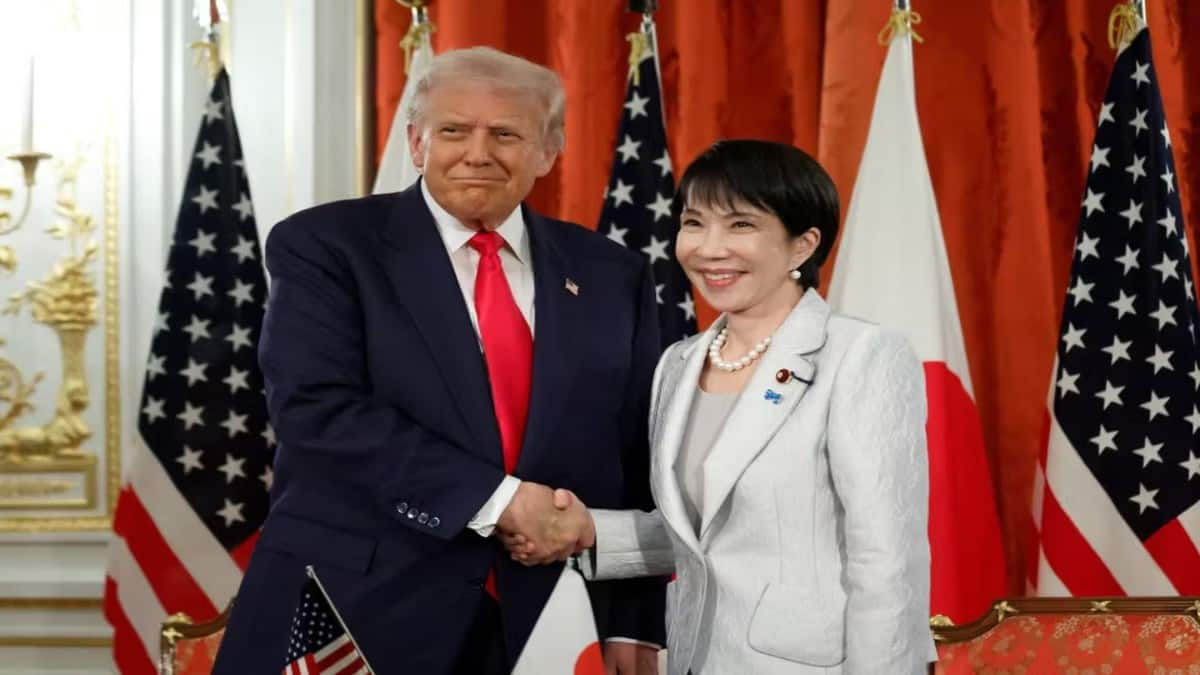
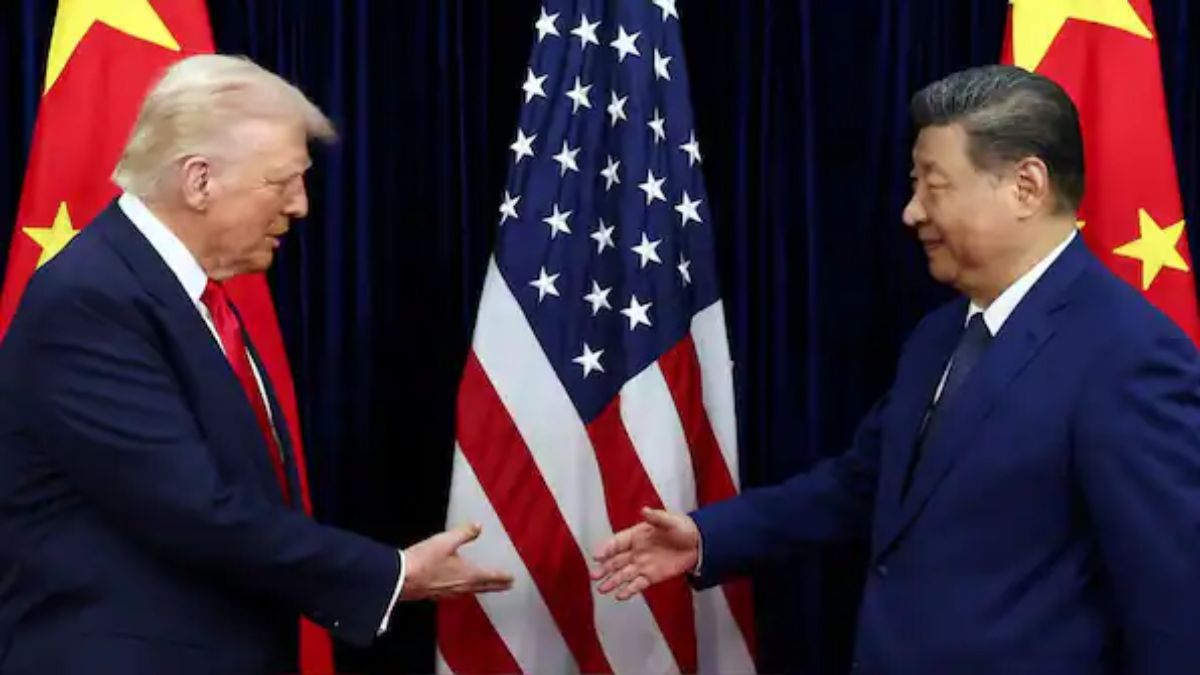)
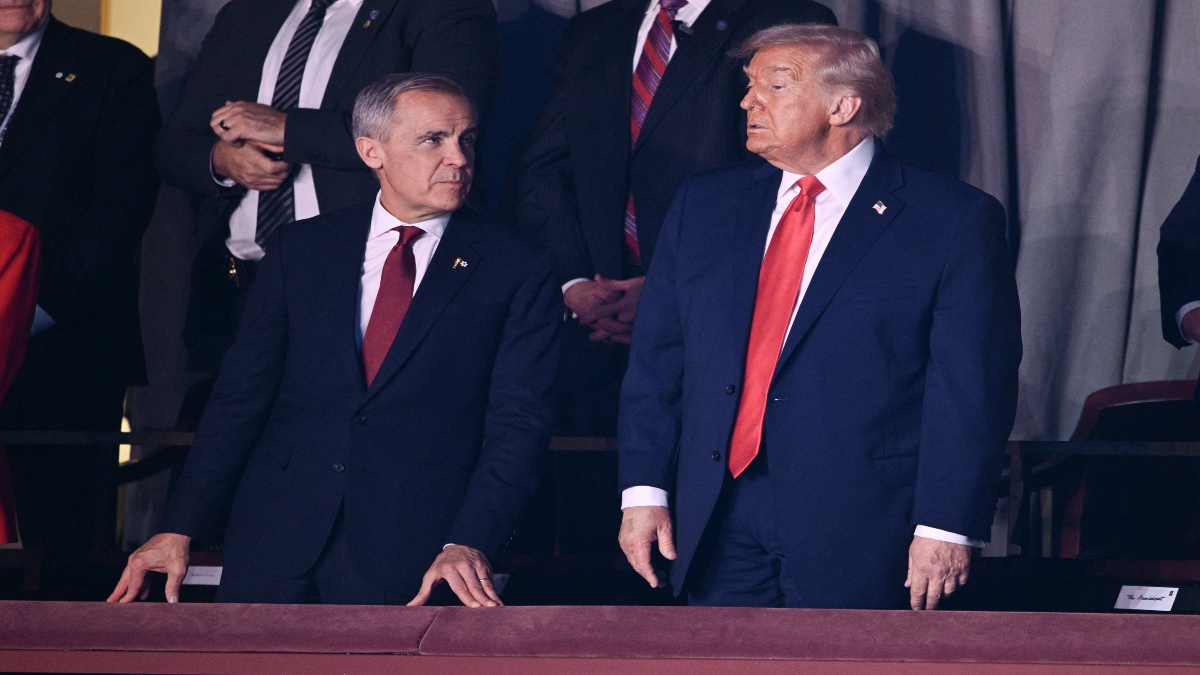)
)
)
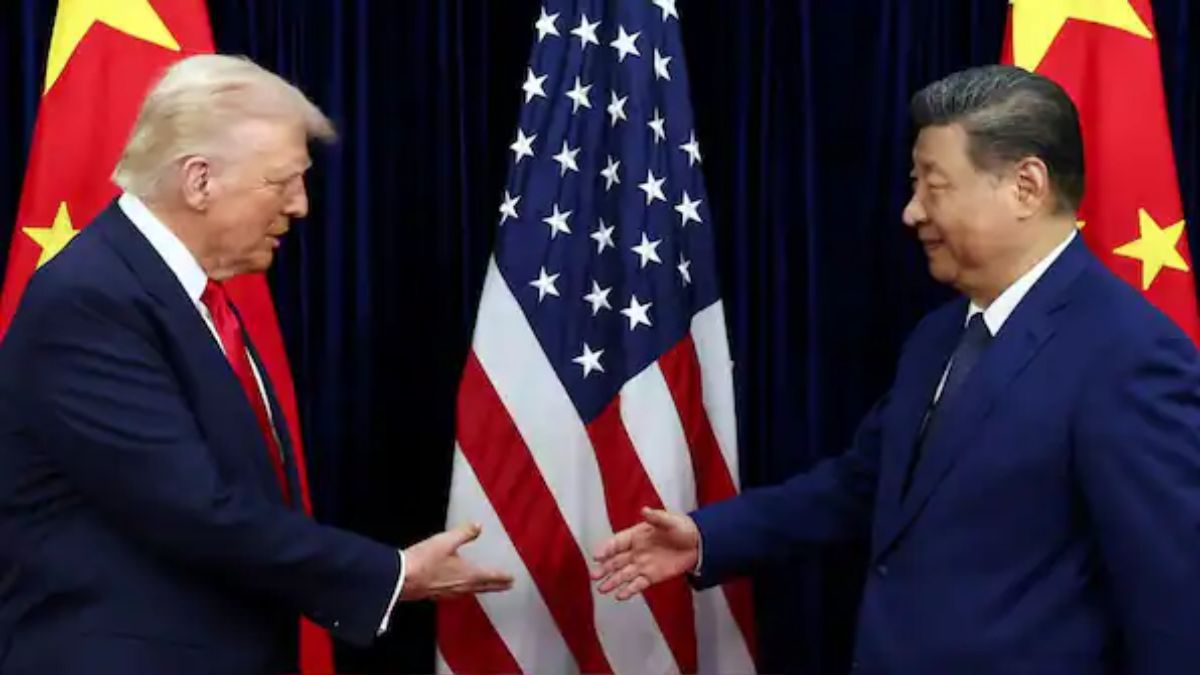)
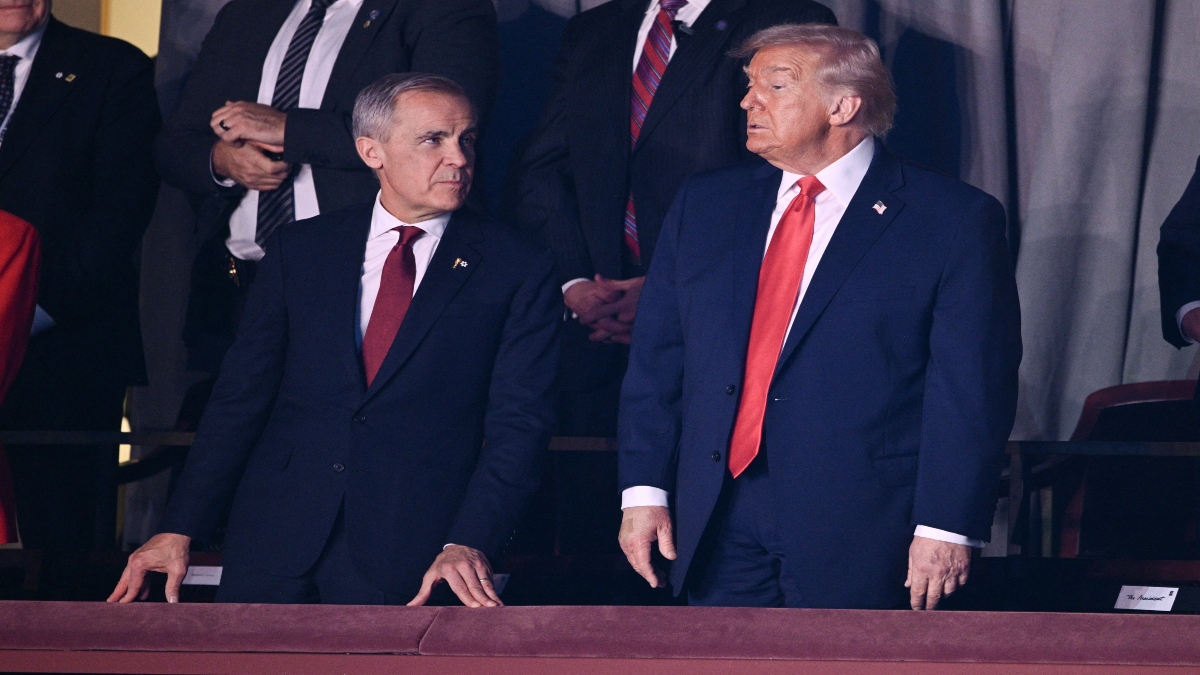)
)
)



